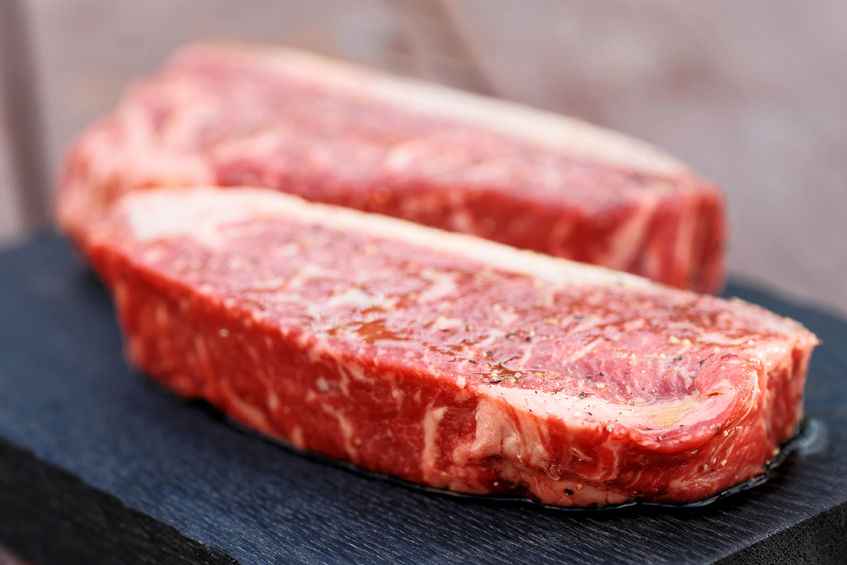
Rural Economy Secretary Fergus Ewing has declared his determination to maximise markets and incomes for producers of Scotland’s premium food and drink.
Mr Ewing has announced the Scottish Government will consult on plans to apply for BSE Negligible Risk status – a move which could unlock new export opportunities for Scottish red meat and add value throughout the red meat supply chain.
The Cabinet Secretary also highlighted how efforts to promote Scottish red meat at home and abroad could be transformed if a fairer share of the red meat levy system could be secured from Westminster.
This would see Quality Meat Scotland able to invest about £1.5 million more per year in the sector.
Speaking at the Royal Highland Show, Mr Ewing said: "I am utterly determined to maximise market opportunities at home and abroad for producers of Scotland’s premium food and drink.
"Our premium produce is world-renowned but there are countries to which we are currently unable to export Scotch Beef and Scotch Lamb.
"Achieving BSE negligible risk status could help open up markets across the world for these premium products, and potentially reduce waste and inefficiencies in the supply chain worth more than a million pounds.
"The USA is already on the cusp of resuming beef imports from the UK while the Canadian market is now open for both beef and lamb.
"The opportunities for exports and producer incomes are potentially massive and it is imperative that Scotland is ahead of the game in promoting our iconic red meat brands.
"We could do so much to maximise such opportunities at home and abroad if we received our fair share of the UK’s red meat levy, which would see Quality Meat Scotland able to invest an extra £1.5 million a year in the sector.
"That’s why I’m calling on the UK Government to urgently bring forward legislation to give Scotland a fairer share of the levy, in line with the recommendations Defra received back in December 2015, and I have written to the Defra Farming Minister this week on this very point."
Mr Ewing continued: "If Scotland were to successfully apply for and be upgraded to BSE Negligible Risk status, we could be the first region in the world to do so.
"I am keen to understand the full implications of this status for industry which is why the Scottish Government will formally consult on our proposals later this summer."
Bovine Spongiform Encephalopathy
Bovine Spongiform Encephalopathy (BSE) is a notifiable disease. The World Organisation for Animal Health (OIE) classifies the BSE risk status of cattle on the basis of a risk assessment.
Under requirements defined by the OIE and the EU Commission Regulation EC 999/2001, a country or region can apply for Negligible Risk status provided they have:
• a surveillance programme to detect Transmissible Spongiform Encephalopathies (TSEs);
• the latest date of birth of a positive classical BSE case being at least 11 years ago; and
• a control strategy is in place for positive BSE cases, SRM and feed.
Scotland has been BSE-free since 2009, and has had no cases of BSE in animals born since 2005, and is now eligible to make an application for BSE Negligible Risk status as a region of the UK.
The red meat levy is currently allocated to the promotional bodies on the basis of where an animal is slaughtered, not where it is raised.
With so many Scottish lambs and pigs now going to English and Welsh abattoirs this results in around £1.5 million in lost levy annually for QMS (Quality Meat Scotland).
